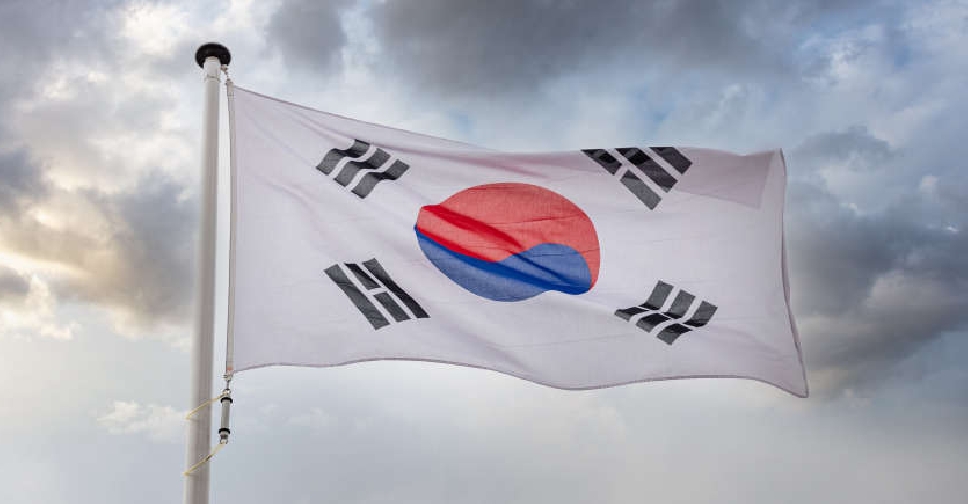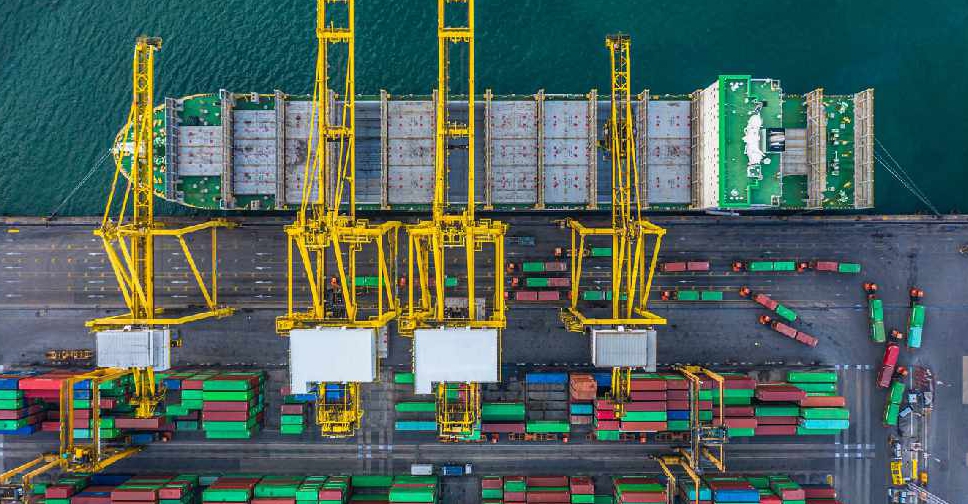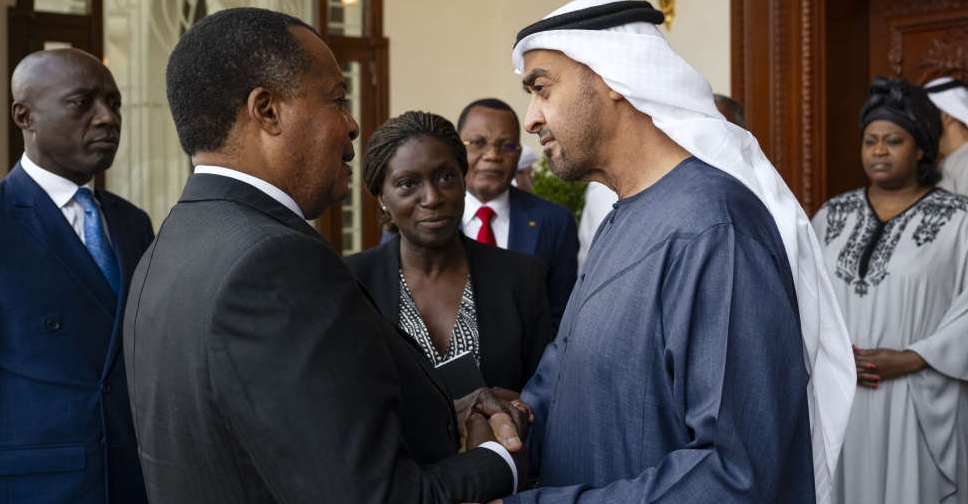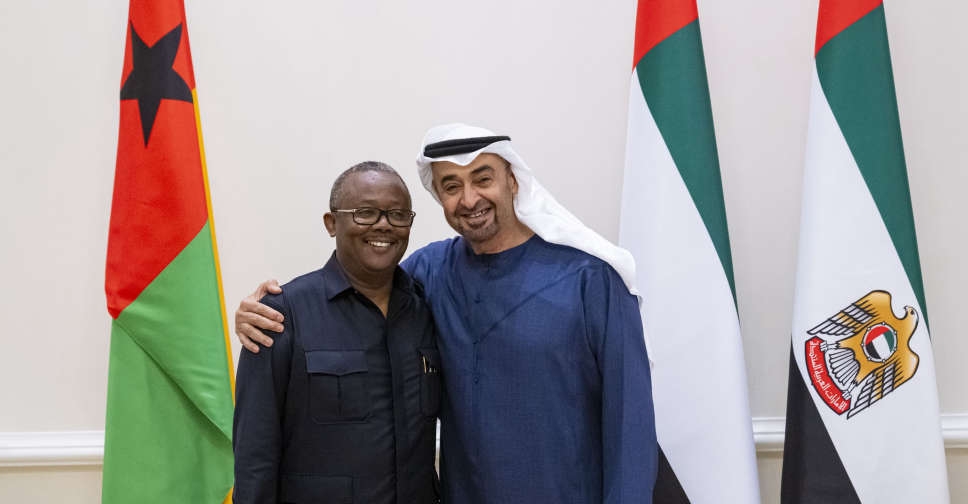
Oil and gas prospects identified off South Korea's east coast hold "great potential" for the presence of hydrocarbons and are promising as petroleum prospects.
Vitor Abreu, a consultant at petroleum exploration research firm ACT GEO, said on Friday.
South Korean President Yoon Suk Yeol announced on Monday the discovery of the prospects at the site off the coastal city of Pohang, which he said could contain as much as 14 billion barrels of oil and gas and authorised drilling to prove potential reserves.
"The Ulleung basin is highly prospective," Abreu told a news conference, referring to the area that South Korea has been exploring for potential petroleum reserves.
"The prospects identified show great potential ... for hydrocarbon," said Abreu, who has been contracted by the Korea National Oil Corporation (KNOC) to study the prospects.
Hydrocarbons are known to form the basis of crude oil, natural gas and other petroleum resources.
Since Yoon's announcement, questions have been raised about the commercial viability of the prospects and the credibility of the preliminary research conducted to verify the viability of the prospects.
Abreu said the prospects being surveyed have all the key main elements of highly prospective wells and that estimated potential reserves range from 3.5 billion to 14 billion barrels of oil equivalent.
Yoon said the possibility was "very high" that the area holds petroleum resources and has cited ACT GEO's research, which he said had been reviewed by experts and industry groups.
The announcement drew cautious optimism in the country among some experts, but sceptics questioned the decision to go ahead with drilling, which Yoon said could cost 100 billion won (AED 269.23 million) for each of the wells being drilled.
Yoon said up to five wells would be drilled starting near the end of the year in the hope of reaching findings by the first half of next year, while other officials said as many as 10 wells may be needed.
South Korea is the world's fourth-largest buyer of crude and gas, according to the Korea National Oil Corporation (KNOC), and the ninth-largest energy consumer.
The project could have huge benefits for the world's third-largest importer of LNG, Readul Islam of research company Rystad Energy said.



 Trump's tariffs kick in, deepening trade war and market rout
Trump's tariffs kick in, deepening trade war and market rout
 South Korea announces emergency measures for auto industry hit by US tariffs
South Korea announces emergency measures for auto industry hit by US tariffs
 Trump threatens to hike China tariffs further as market plunge continues
Trump threatens to hike China tariffs further as market plunge continues
 Sheikh Abdullah meets foreign ministers of Azerbaijan and Cyprus
Sheikh Abdullah meets foreign ministers of Azerbaijan and Cyprus
 Innovation, sustainability take centre stage at Middle East Energy
Innovation, sustainability take centre stage at Middle East Energy



